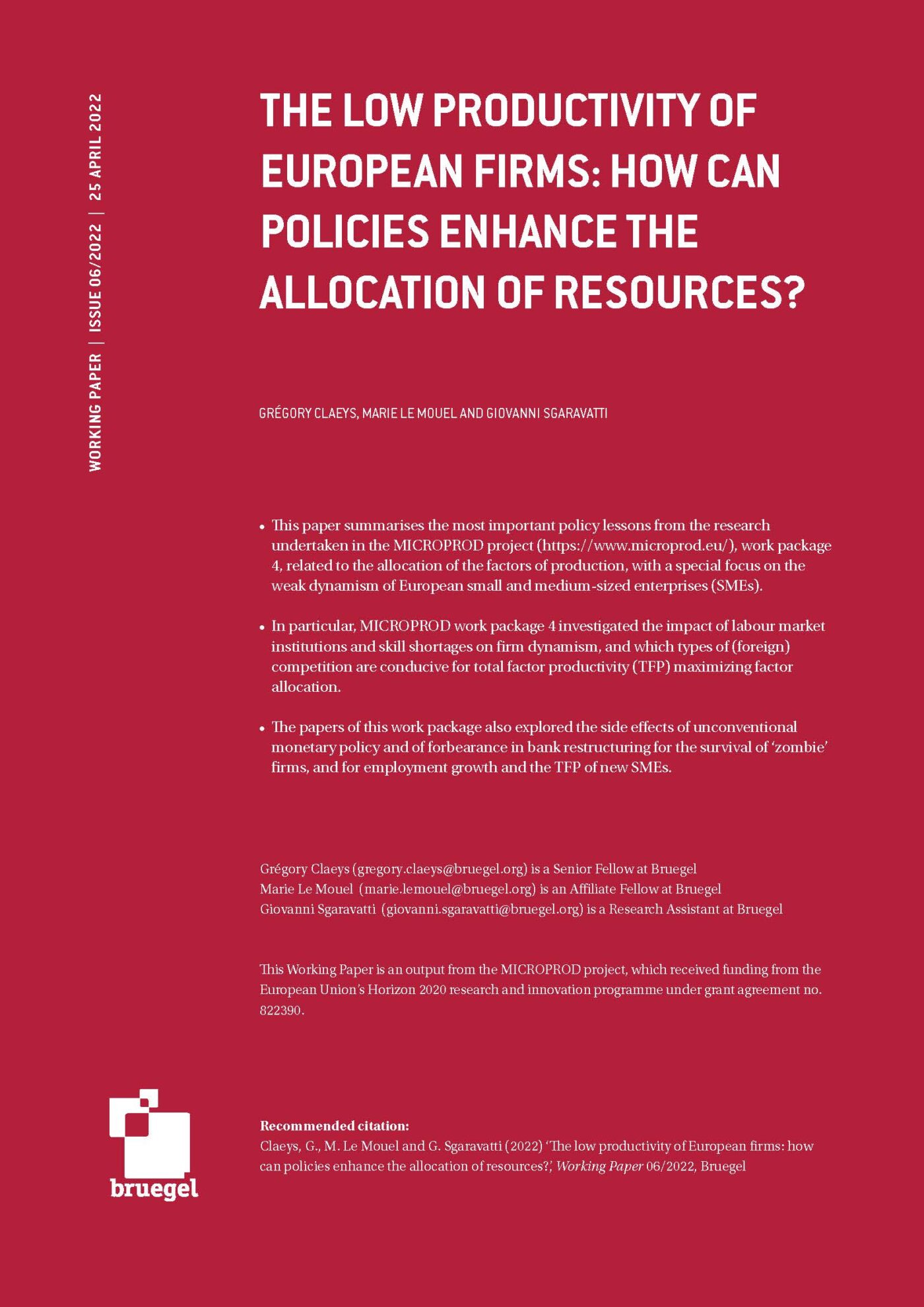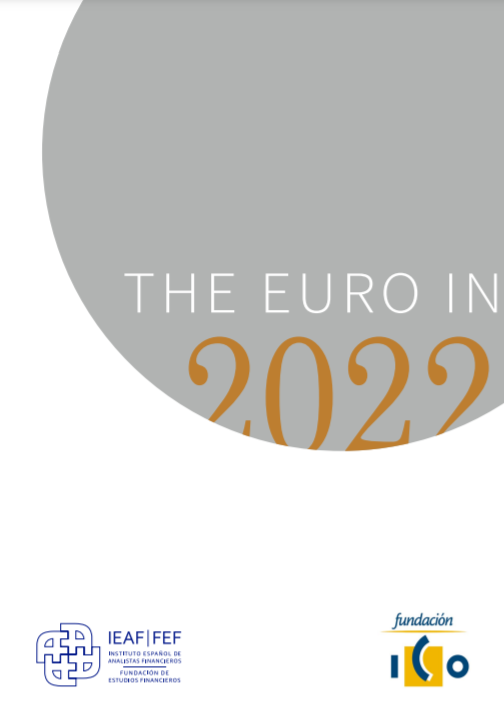Scholars

Grégory Claeys
Senior Fellow
Expertise: Macroeconomics, monetary policy, European governance CV: Download CV Twitter: @gregclaeys
Grégory Claeys, a French and Spanish citizen, joined Bruegel as a research fellow in February 2014, before being appointed senior fellow in April 2020.
Grégory’s research interests include international macroeconomics and finance, central banking and European governance. From 2006 to 2009 Grégory worked as a macroeconomist in the Economic Research Department of the French bank Crédit Agricole. Prior to joining Bruegel he also conducted research in several capacities, including as a visiting researcher in the Financial Research Department of the Central Bank of Chile in Santiago, and in the Economic Department of the French Embassy in Chicago. Grégory is also an Associate Professor at the Conservatoire National des Arts et Métiers in Paris where he is teaching macroeconomics in the Master of Finance. He previously taught undergraduate macroeconomics at Sciences Po in Paris.
He holds a PhD in Economics from the European University Institute (Florence), an MSc in economics from Paris X University and an MSc in management from HEC (Paris).
Grégory is fluent in English, French and Spanish.
Declaration of interests 2021-2022
Declaration of interests 2020-2021
Declaration of interests 2019-2020








